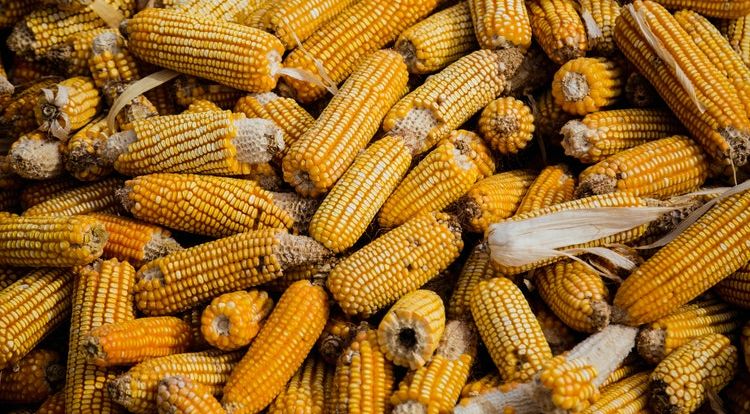Parana Has the Best Safrinha Corn in Brazil, but Frost Worries

The state of Parana in southern Brazil is usually responsible for approximately 17% of Brazil’s safrinha corn production and thus far this growing season, the state has probably the best safrinha corn in Brazil, at least for now. Farmers are worried though because the Brazilian National Weather Service has issued a warning for the potential for frosts/freezes next week across southern Brazil.
In the municipality of Cascavel in western Parana, farmers planted more than 90% of their safrinha corn within the ideal planting window. The weather has generally cooperated this growing season and the director of the Rural Union of Cascavel expects the farmers in the municipality to harvest 120 to 130 sacks per hectare of corn (114 to 124 bu/ac).
The safrinha corn in the municipality faced two hurdles this growing season. There was a severe storm on April 22 that damaged some of the corn in the western part of municipality. The second challenge was an infestation of corn leafhoppers. These insects transmit a virus to the corn that can reduce ear size and lower production.
In a normal year, the insects are generally controlled with two or three insecticide applications. This year, farmers had to apply four or five applications to successfully control the pest. This increased their cost of production, but it also helped to control other pests.
In their latest weekly report, the Department of Rural Economics (Deral) rated the safrinha corn in the state as 2% poor, 10% average, and 88% good. The safrinha corn in the state was 15% in vegetative development, 41% pollinating, 41% filling grain, and 3% mature as of earlier this week.
The one remaining obstacle to the safrinha corn is the possibility of a frost or freeze before the crop has a chance to mature. There have already been four episodes of frosts in southern Brazil over the last several weeks, but the safrinha corn was not impacted, but that may change next week.
Farmers in Parana have been reluctant to forward contract much of their anticipated safrinha corn production, outside of what had been bartered with the grain companies, because of extreme volatility in the market and uncertainty surrounding their safrinha production and the 2022 corn production in the U.S.
Read also
Wheat in Southern Brazil Impacted by Dry Weather and Frosts
Oilseed Industry. Leaders and Strategies in the Times of a Great Change
Black Sea & Danube Region: Oilseed and Vegoil Markets Within Ongoing Transfor...
Serbia. The drought will cause extremely high losses for farmers this year
2023/24 Safrinha Corn in Brazil 91% Harvested
Write to us
Our manager will contact you soon



